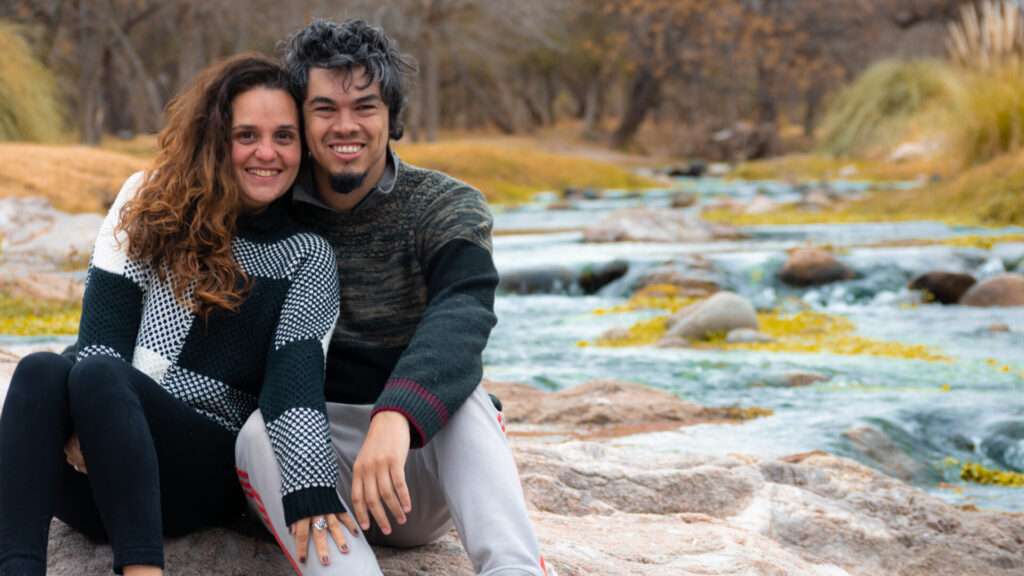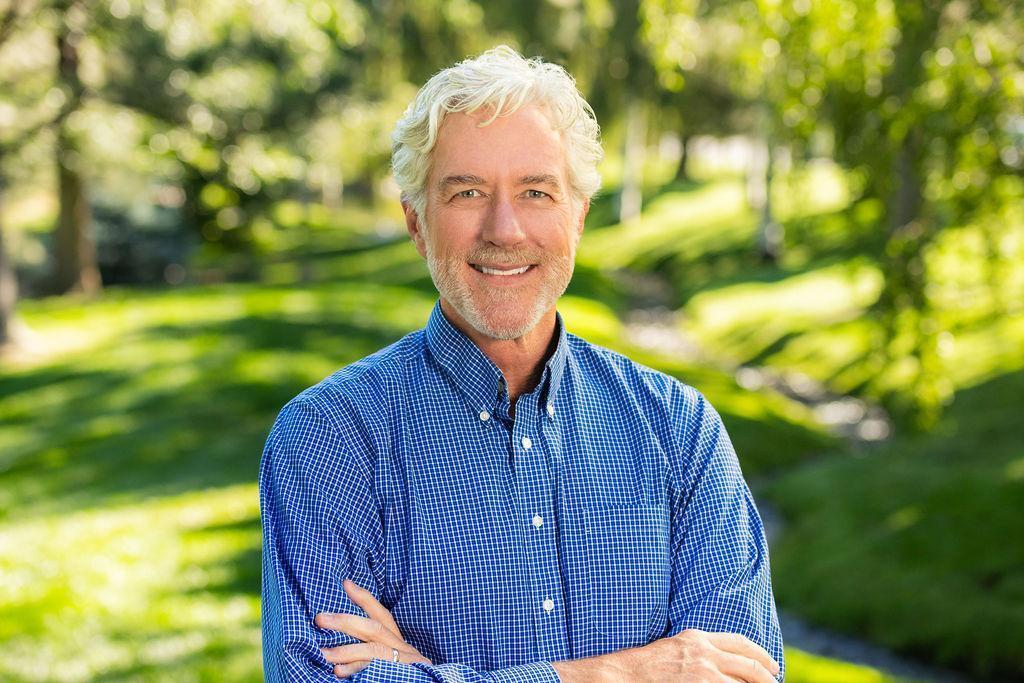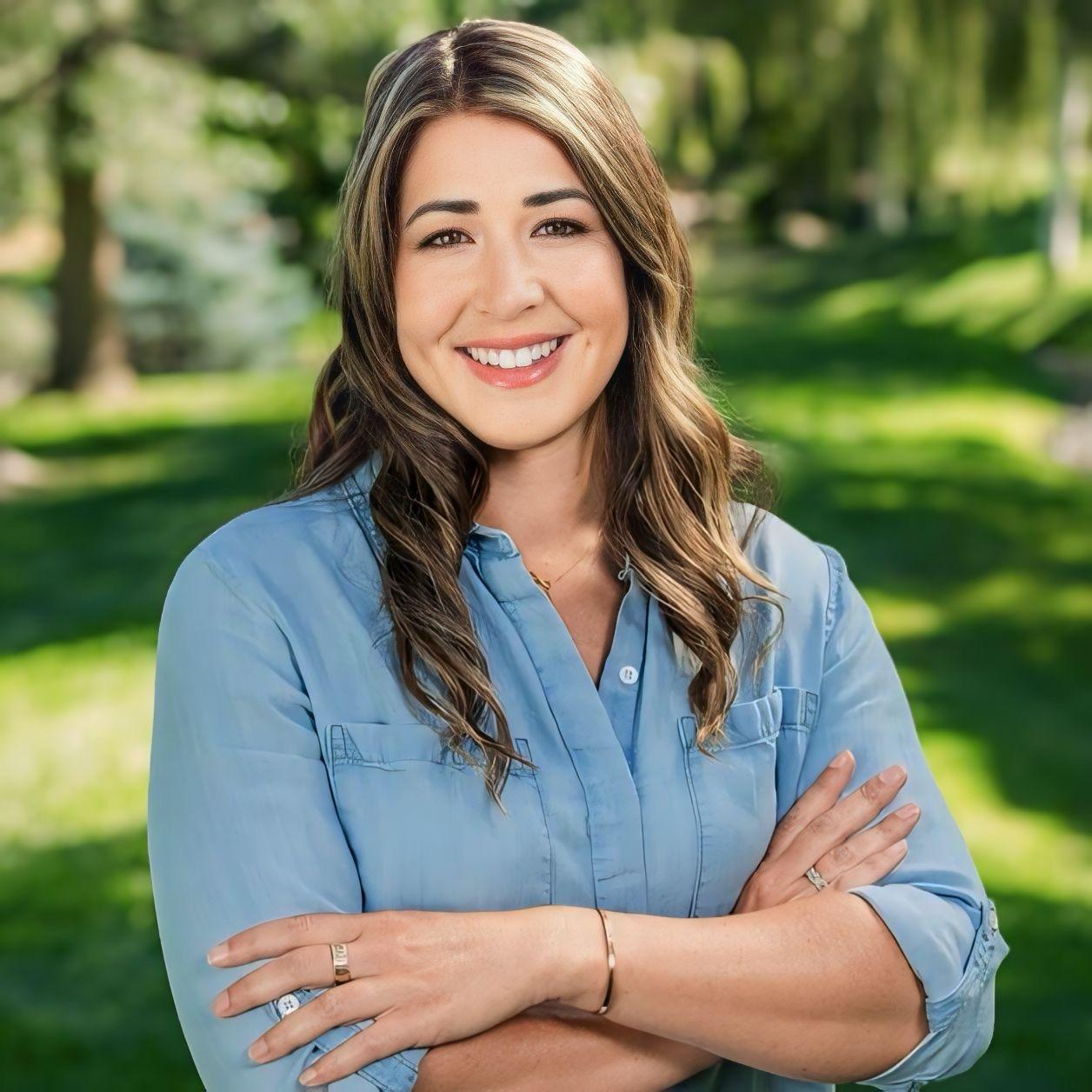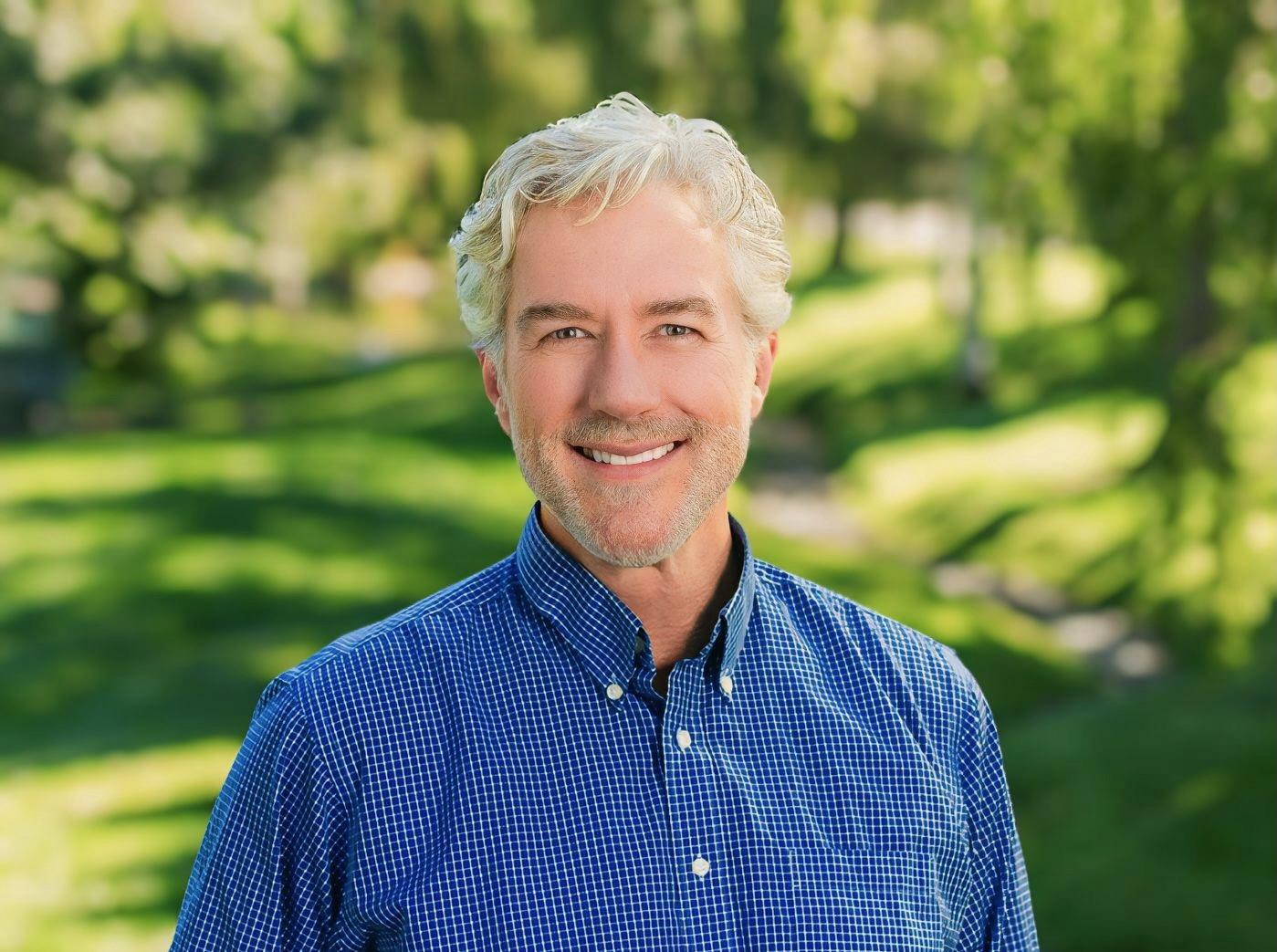Posts Tagged ‘marriage therapy’
Questions To Ask a Therapist Before You Start
How to Choose a Couples Therapist
Choosing a couples therapist is an important step toward strengthening your relationship — but how do you know which therapist is right for you and your partner? You may have searched for terms like “best relationship counseling near me” or “how to choose a couples therapist,” and now you’re looking at a list of options. How do you make an informed choice?
Starting couples therapy is a significant investment in your relationship. You want a therapist whose expertise aligns with your needs — someone who understands the challenges you’re facing and can guide you effectively.
A good couples therapist will typically offer a brief consultation so you can assess their approach and determine if they’re the right fit. To help you through this process, I’ve provided a list of key questions to ask when evaluating a potential therapist — along with guidance on what to listen for in their responses.
These questions fall into 3 essential categories:
- A therapist’s qualifications – Their training, experience, and credentials.
- Their perspective on relationship distress and wellness – How they understand and approach relationship challenges.
- Their therapeutic process – What working with them will look like, session to session.
Is a potential new couple therapist to find out if they’re right for you? Below is a guide to help you determine this and find the right relationship counseling near you. I’ve broken it into sections to make it easier to track.
Ask a Potential Therapist These Questions
Couple Therapist Qualifications
Experience and Professional Engagement
“Approximately what percentage of your practice over the last two years has been dedicated to working with couples?” And, “do you have a regular consultation process wherein you discuss your work?” These questions aim to assess the therapist’s dedication to couples therapy. A therapist applying techniques learned for individual therapy to the complexities of a couple’s dynamics can fall far short of what a relationship needs.
Specialized Couple Therapy Training and Qualifications
“What specific training in couples therapy have you undertaken?” Exploring their specialized training provides insight into their qualifications and dedication, facilitating the process of finding the right therapist for you. Prospective therapists should be able to describe application of a method of therapy relative to their training. An EFT Couple Therapist can describe their process in a detailed fashion.
“Do you have specific training regarding difficulties related to sexuality?” This is an important question for couples struggling with problems relating to sexuality to ask.
Feedback and Evaluation Process
“How do you provide feedback and evaluate progress in therapy?” This question allows couples to understand how the therapist assesses progress and navigates therapeutic milestones. A transparent feedback mechanism is vital for ensuring that therapy remains aligned with the couple’s goals and for making necessary adjustments to the therapeutic approach.
Couple Therapist’s Theoretical Orientation
Therapist’s Theoretical Orientation
“What theoretical perspective guides your work with couples?” It is essential that the therapist operates from a solid theoretical foundation, such as Attachment Theory, which is at the heart of Emotionally Focused Couple Therapy (EFT). The approach a therapist takes should be grounded in solid theory. Also, there should be a structured methodology to effectively address relationship distress.
Does the Therapist Understand When NOT to Do Couple Counseling?
“What are the Contraindications to Couple Therapy?” A prospective therapist should be clear about this. They should describe when the type of couple’s therapy they do might not be the best choice or should be approached with caution. Common contraindications follow: Severe mental illness and substance use disorders that interfere with participation. Misaligned agendas for therapy. Ongoing affairs that threaten a partner’s sense of security. Also, a risk of violence that prohibits vulnerability. In some cases, addressing the contraindicating issue (such as through individual therapy, addiction treatment, or safety planning) can make couple therapy like EFT a viable option later on.
Therapist’s Focus: Emotional Connection or Behavioral Contracts?
“How important is the emotional bond versus behavioral contracts in your approach to couple dynamics?” Herein, a therapist who emphasizes strengthening the emotional connection addresses the core issues of relationship distress effectively. The late Dr. Sue Johnson’s insight, “it’s about the bond, not a bargain,” poignantly captures the essence of couple therapy.
Perspective on Enhancing Communication Skills
“How do you work to enhance communication skills in your therapy sessions?” Ideally, the therapist’s approach should highlight the importance of fostering trust that your partner is available, responsive and emotionally engaged. By contrast, a focus on mere communication techniques can interfere with the depth of understanding in the relationship. “I statements” and similar “communication tips” don’t come online readily when intense emotion gets stirred. This is a very important distinction in finding the right therapist for you.
Couple Therapist’s Process
Expectations for Therapy Duration and Frequency
“What are your expectations for the duration and frequency of therapy sessions?” This question helps set realistic expectations for the therapy process. For example, you want to understand how long it might take to see improvements and how often sessions will occur. Therapy is a significant investment. It’s crucial for planning and commitment to the therapeutic journey that you know what to expect.
Strategies for Enhancing Connection Outside Therapy
“What strategies do you recommend for couples to enhance their connection outside of therapy sessions?” A therapist who offers practical tools, exercises and resources for couples to work on between sessions demonstrates a proactive approach to therapy. This can help accelerate progress by encouraging partners to actively engage outside the therapeutic setting.
Approach to Individual Sessions
“Do you conduct individual sessions with partners?” Generally, therapy should involve both partners, with individual sessions reserved for specific assessment purposes. This approach reflects the therapist’s commitment to treating the relationship as the central client. Further, you probably don’t have the right therapist for you if they don’t have a clear policy about how to treat informations shared during individual sessions!
Ensuring Impartiality
“How do you maintain impartiality in your sessions?” Asking this question probes the therapist’s strategy for navigating complex couple dynamics. Thereby, ensuring they view the relationship as an interconnected system. I think it’s so important to feel confident about a prospective therapist’s answer to this question. This is because the experience of therapist bias toward one partner is a primary reason clients cite for therapy “failing.”
How to Find the Best Couples Therapy Near You
If you’re looking for couples therapy in Reno, NV (or in your local area), here are a few tips to help you find the best therapist for your needs:
- Search using phrases like “how to choose a couples therapist,” “relationship counseling near me,” or “couples therapy Reno NV.”
- Look for therapists who specialize in relationship work and have advanced training — such as Emotionally Focused Therapy (EFT) or the Gottman Method.
- Prioritize therapists whose practice is focused on couples counseling — not general individual therapy.
- Ask for a brief consultation — this helps you assess their approach and whether it feels like a good fit.
- Consider practices like Individual & Relationship Counseling Associates in Reno where couples therapy is a core specialty.
How to Choose a Couples Therapist: Summary
Selecting the right couples therapist is a thoughtful process — and asking the right questions can help you choose a professional who aligns with your relationship goals. The questions provided here will give you insight into a therapist’s philosophy, methods, and approach, helping you determine if they’re the right fit for your needs.
While a basic search such as “relationship counseling near me” is a good starting point, refining your options is essential. Look for a compassionate, well-trained therapist who provides a clear process, focuses on emotional connection, and can effectively guide you and your partner toward a stronger relationship.
If you’d like to learn more about our approach to couples therapy, visit our Couples Counseling in Reno page or contact us for a confidential consultation.

Meet Hillary Harris, CPC-I
Meet Hillary Harris, Therapist in Reno
Hi, I’m Hillary Harris, a Clinical Professional Counselor Intern and therapist in Reno. For those looking to integrate faith into their therapy, I’m comfortable incorporating Christian principles to support your values and beliefs.
How I Can Help
I work with individuals and couples who are feeling stuck in cycles of loneliness, disconnection, or unresolved emotional pain. My general goal is twofold. First, to create a safe space where you feel understood and supported. Second, to gain greater clarity, self-acceptance and movement toward the things that matter most to you.
My Approach
Specialty Areas:
- Emotionally Focused Therapy (EFT): A proven approach to strengthening relationships and resolving conflict.
- Attachment-Based EFT for Individuals (EFIT): Focused on helping you heal and grow as an individual.
- Brainspotting: A powerful, focused treatment method designed to help process trauma and access deep emotional healing.
A strong connection between therapist and client is essential for therapy to work. Learn more about the importance of the therapy working alliance here. Together, we’ll explore the patterns that are keeping you stuck and find ways to create lasting change.
Who I Work With
I’m especially passionate about working with:
- Couples wanting to rebuild connection and trust. Read more about couples therapy here.
- First responders and military personnel navigating high-stress environments.
- Individuals coping with relationship loss or the effects of trauma. Read more about individual therapy here.
I have extensive, past experience as a military spouse with children. This experience has given me insight into the unique challenges faced by people in high-stakes, high-stress roles, and I bring that understanding into my work. Emotionally Focused Therapy is a well-researched model for helping military couples and families. I’ll be happy to talk with you about your specific circumstances and how I can help.
What to Expect
At Individual and Relationship Counseling Associates, we focus on providing compassionate, focused, personalized care. I’m part of a dedicated, collaborative team and regularly consult with our Clinical Director, Cornelius Sheehan, LCSW, to ensure I’m offering the best possible support for my clients.
Session Details
- Fee: $140 per session with a sliding scale.
- Insurance Accepted: Hometown Health Plan
- Ages Served: 18 and older
Hillary’s Areas of Expertise
- Relationship Issues
- Trauma and PTSD
- Veterans
- Addiction
- Anxiety
- Codependency
- Depression
- Divorce
- Family Conflict
- First Responders
- Grief
- Life Transitions
- Marital and Premarital Counseling
- Spirituality
- Stress
More About Hillary
I’m a mom of three teens and a sweet therapy dog, Ginger. When I’m not in the therapy room I’m usually enjoying one of the beautiful outdoor opportunities that are a part of living in Northern Nevada.
Get Started in Therapy with Hillary Harris
I’m here to help you navigate the challenges you’re facing and support your journey toward emotional health and stronger relationships. Let’s work together to help you move forward. Call now, or use our contact form for a free consultation.
“Harmony in Holiday Traditions”: Crafting Our Unique Traditions
As the festive season approaches, couples often find themselves navigating the complexities of blending traditions, managing expectations, and seeking meaningful ways to celebrate together. As an experienced Emotionally Focused Therapist, I learn so much about what works through what clients have shared the profound impact that creating and nurturing unique holiday traditions for couples can have on relationships.
The Significance of Shared Rituals in Relationships
Building Emotional Bonds through Traditions
Shared rituals and traditions are more than just ceremonial acts; they are the threads that weave the tapestry of our relationships. In the framework of attachment theory, these rituals act as anchors, providing emotional safety and a sense of belonging. Whether it’s cooking a special meal together or taking a yearly holiday photo, these acts create a shared narrative, a story uniquely yours.
Blending Cultural and Personal Values
In my practice, I’ve observed couples who successfully blend elements from their individual backgrounds, forming traditions that are rich in cultural and personal significance. For instance, a couple I worked with combined their Mexican and Polish heritages to create a ‘Pierogi and Tamales’ night every Christmas Eve, a beautiful fusion that honors both their backgrounds.
Steps to Creating Your Unique Holiday Traditions
Initiate Open and Honest Communication
Start by having open discussions about what the holidays mean to each of you. What are your fondest memories? What traditions do you hold dear? This conversation is not just about planning; it’s about understanding each other’s emotional landscape.
Collaborative Planning: Crafting Holiday Traditions for Couples, Together
Once you have shared your individual holiday desires and expectations, it’s time to co-create. Remember, the goal is not to replicate traditions exactly as they were, but to blend them into something that is uniquely ‘us’. For example, if one partner enjoys outdoor activities while the other prefers cozy indoor settings, you could plan a day that includes a morning hike followed by an evening by the fireplace.
Embracing Inclusivity and Mutual Respect
It’s vital to approach this process with a spirit of inclusivity and respect. Acknowledge that some traditions might need to be adapted or even set aside to create space for new ones. This doesn’t mean losing your identity; it’s about creating a shared identity as a couple.
Examples of Unique Celebration Rituals
Culinary Adventures: More Than Just Food
Cooking together is a fantastic way to bond. It’s not just about the food; it’s about the act of creation and sharing. Try incorporating dishes from each other’s childhoods into your holiday meals, or create a new dish together that becomes your annual special.
Crafting Memories: Beyond the Photo Album
Consider activities that allow you to create tangible memories. Here’s an idea I loved and learned from a couple I worked with recently: write letters to each other every New Year’s Eve and read them the following year. This ritual has become a cherished part of their holiday experience, offering a moment of reflection and connection. Another couple described an annual get-together with friends where they played favorite games they had, themselves received as childhood holiday gifts. It gets, they say, “pretty silly and becomes incredibly bonding and memorable.” I loved this one.
Mindfulness and Reflection: Deepening Your Emotional Connection
Mindfulness practices can be a wonderful addition to your holiday traditions. Something as simple as lighting a candle every night of the holiday season and sharing what you’re grateful for can deepen your connection and bring a sense of peace and reflection to your home.
Navigating Challenges in Creating Traditions
Managing Differences and Compromises
It’s natural to encounter differences in preferences and traditions. The key is to approach these differences with curiosity and compassion. Compromise does not mean giving up what’s important to you; it’s about finding balance and mutual satisfaction.
Adapting to Life’s Changes
Traditions, like relationships, need to evolve. Be open to adjusting your rituals as your relationship and life circumstances change. What works one year may not the next, and that’s okay. It’s the flexibility and willingness to grow together that strengthens your bond.
Read Pieces from Relationship Strengthening Texts and Articles
You’ll find additional information throughout the Blog posts on and pages of this website. Also, I recommend the works of Dr. Sue Johnson and of Drs. John and Julie Gottman. These brilliant authors offer inspiring and fortifying insights. Holding onto just a couple of ideas to focus on as the New Year starts can be a wonderful ritual.
Sustaining and Growing Your Traditions
Keeping Traditions Alive and Evolving
Revisit and reflect on your traditions annually. What worked well? What might you want to change? This ongoing dialogue ensures that your traditions remain meaningful and aligned with your current lives.
Extending Traditions to the Community
Some holiday traditions for couples can be extended to friends and family, strengthening your sense of community. Hosting a special holiday gathering or organizing a group activity can create shared joy and memories beyond your couplehood.
Year-Round Practices for a Lasting Bond
Finally, consider how the essence of these traditions can be integrated into your daily lives. This might mean setting aside time for regular check-ins or creating small daily rituals that reinforce your connection.
Conclusion
Crafting holiday traditions for couples is a journey of discovery, creativity, and deepening love. It’s about building something that is uniquely yours, a celebration that reflects who you are as a couple and what you aspire to be. As you embark on this journey, remember that the process itself is as important as the traditions you create. It’s an opportunity to learn, grow, and connect in ways that are profound and lasting.
In this festive season and beyond, I encourage you to embrace the joy of creating and evolving your holiday traditions. May they bring you closer, fill your home with love, and create a tapestry of memories that you’ll cherish for years to come.
If you found this article helpful and would like to explore more about emotionally focused therapy or relationship strengthening, feel free to reach out for a consultation. Wishing you a season filled with joy, connection, and meaningful traditions.
“Cooling the Flames: De-escalating Arguments in Love”
Strategies for Handling Arguments in Relationship
Introduction
As an experienced, certified Emotionally Focused Therapist (EFT) couple therapist, I’ve spent years helping couples navigate the complex tides of their relationships. I’ve realized that one of the most common challenges couples face is handling relationship conflict, i.e. managing and de-escalating the arguments we all experience. In what follows, I want to share with you some insights and strategies from my clinical world that can help turn heated arguments into opportunities for deeper connection and understanding.
Understanding Conflict Through an EFT Lens
The EFT Perspective on Relationship Conflicts
In Emotionally Focused Therapy, we see conflicts not just as clashes of words or wills, but as expressions of deeper emotional needs and fears. Often, what starts as a minor disagreement can quickly escalate into a full-blown argument when underlying attachment needs are not met.
I recall a couple, let’s call them Gretchen and Walt, who came to me struggling with frequent, intense arguments in areas ranging from finance and parenting to which grandparents’ house they would visit first over the holidays. Through EFT, they learned that their conflicts weren’t really about the chores or the finances; they were about seeking emotional safety and connection. Gretchen and Walt each wanted to know they were taken in by one another.
Emotional Awareness and Regulation
The first step in de-escalating arguments is understanding and regulating your own emotions. It’s about recognizing the signs of emotional escalation within yourself. This awareness creates a pause, allowing you to choose a more constructive response.
For instance, when Gretchen felt unheard, she learned to express her feelings without blaming Walt, saying things like, “I feel worried and a bit afraid when we don’t talk about our finances.” This shift in communication made a huge difference.
Communicating Effectively in the Heat of the Moment
Communication Techniques for De-escalation
Effective communication during an argument is key. In EFT, we focus on expressing underlying emotions and needs without attacking the other person.
A technique colleagues and I often recommend is the ‘softened start-up’. Instead of beginning a conversation with criticism or contempt, start with a statement that opens the door for understanding. For example, “I feel stressed about our schedule and need to talk about it,” is more likely to elicit a positive response than, “You never make time for us.” Granted, this can be hard to do when you lack confidence (haven’t had the experience) that your partner will be receptive to your softened message. A well-trained EFT therapist will help you understand and overcome this block to softened messages.
Step-by-Step Guide to De-escalating an Argument
Here’s a simple guide to follow when you feel an argument escalating:
- Pause and Breathe: Take a moment to breathe and step back from the heat of the moment.
- Reflect on Your Feelings: Ask yourself what you’re really feeling and why.
- Communicate Your Emotional Needs: Share these feelings with your partner in a non-confrontational way.
Creating the Right Environment for Healthy Conflicts
Timing and Environment Considerations
The setting in which you address conflicts is crucial. Avoid starting difficult conversations when either of you is tired, stressed, or distracted. Choose a time and place where you both feel comfortable and are less likely to be interrupted.
Foundations for Resilient Relationships
Building Healthy Conflict Resolution Foundations
To build a relationship that withstands the storms of conflict, regular emotional check-ins are vital. These create a space for discussing feelings and needs outside of heated arguments. Understanding each other’s conflict styles and attachment needs is also crucial.
In my practice, I’ve seen couples transform their relationships by simply dedicating time each week to discuss their feelings and needs calmly and openly.
When to Seek Professional Help
When to Seek EFT Counseling
Recognizing when you need professional help is a sign of strength, not weakness. If arguments are becoming frequent and more intense, or if you find yourselves stuck in the same patterns, it might be time to seek EFT counseling. This can provide a safe space to explore deeper emotional issues and learn effective strategies for managing conflicts.
The Journey of Change
Sustaining Change with EFT Principles
Implementing these strategies is a journey, not a one-time event. It requires patience, practice, and a willingness to be vulnerable. Celebrate your progress, no matter how small, and be patient with setbacks.
Conclusion
In conclusion, remember that every argument presents an opportunity for growth and deeper connection. By applying these strategies, you can turn conflicts into catalysts for strengthening your bond.
Keep in mind that love is not just about agreeing on everything; it’s about navigating disagreements in a way that enriches your relationship. Handling arguments in relationship is a path to deeper connection.
If my colleagues and I can help you on the path of connection that grows and flourishes, reach out to us for a free consultation. 775-235-2205
Additional Resources and Support
For those interested in exploring more about Emotionally Focused Therapy and relationship enhancement, there are numerous resources available. Books such as “Hold Me Tight” by Dr. Sue Johnson, and websites like the International Centre for Excellence in Emotionally Focused Therapy (ICEEFT) offer valuable insights. Additionally, I’ll be hosting a series of workshops and webinars in the coming months, focusing on deepening emotional connections in relationships.
Knowing When It’s Time to Do Relationship Counseling
There is a lot of high quality self-help available for distressed relationships. However, some of the difficult issues people in relationship face benefit most by professional help. The question, “should we do relationship counseling now?” comes up and isn’t always easy to answer. In this blog post, I explore seven key indicators that might suggest your relationship is facing challenges. Identifying these red flags early and getting effective relationship counseling can be the first step toward healing and rejuvenating your connection.
Growing a relationship is one of the most fulfilling aspects of life. While it’s normal for relationships to encounter rough patches, it’s crucial to recognize the warning signs when things take a downturn.
7 Signs Your Relationship May Be in Trouble
1. Diminished Priority on Quality Time Together
In the early stages of a relationship, the thrill of spending quality time together is often incomparable. However, if you find yourselves gradually drifting apart due to other commitments or distractions, it’s worth taking a closer look at the health of your relationship. To be clear, life has a way of keeping us busy, but a consistent decline in the time spent together could be an indication of fading interest in nurturing your bond. That said, it’s crucial to differentiate between evolving priorities and emotional detachment.
2. Communication Becomes Stagnant or Scarce
Effective communication is the lifeblood of a thriving relationship. When your conversations start feeling repetitive, mundane, or infrequent, it may be a sign of diminishing emotional intimacy and connection.
3. Negative and Minimal Communication
Meaningful communication should uplift and strengthen your relationship. If your interactions are marred by negativity, frequent arguments, or criticism, it can slowly erode the trust and harmony in your partnership.
4. Conflict Breeds Resentment Instead of Resolution
Every relationship experiences conflicts, but they should serve as opportunities for growth and resolution. When disagreements persist without resolution and lead to lingering resentment, it’s an indicator of deeper issues within your relationship.
5. One Partner Voices Concerns
Often, one partner may sense trouble in the relationship before the other. If your partner expresses concerns or dissatisfaction, it’s crucial to take their feelings seriously and initiate an open and honest conversation. This is another factor in answering, “should we do relationship counseling now?”
6. One Partner Shows Reluctance to Listen
Effective communication involves active listening from both partners. When one partner consistently dismisses the other’s thoughts and feelings without a willingness to engage, it can lead to frustration and emotional distance.
7. Criticism of Differences Instead of Embracing Them
Our unique qualities and quirks are what make us individuals. When these differences are met with criticism rather than celebration, it can poison the atmosphere in your relationship. There are reasons this begins to happen in relationship and a well-trained, attachment focused therapist can help you understand and overcome.
Conclusion
Healthy relationships require nurturing, communication, and mutual effort. Determining whether you should do relationship counseling isn’t always easy. Recognizing these warning signs that your relationship might be encountering challenges is the first step toward addressing any underlying issues and rekindling the flame of love. If you identify with any of these signs, consider seeking professional guidance and at the least, engaging in a sincere conversation with your partner about your concerns. Relationship counseling like EFT can get you back on the path of connection. Remember, with dedication and mutual support, many relationships can overcome obstacles and emerge stronger than ever before.
Meet Cornelius Sheehan, LCSW- Director
Counseling with Reno Therapist Cornelius Sheehan, LCSW
About me as a therapist:
For more than 20 years, I have worked with couples and individuals. I understand how important it is to have a secure, connected, and hopeful relationship. I specialize in attachment-based, Emotionally Focused Therapy (EFT) for individuals, marriages, couples, and families in Reno. I am certified as an Emotionally Focused Therapist and Supervisor. I use primarily EFT in my work with couples, individuals, and families. The things I appreciate most about EFT are its effectiveness, research-based approach, and strong theoretical foundation. But EFT is also a client-centered model. A client-centered model of therapy means that the therapist prioritizes the client’s perspective, emotions, and autonomy in the therapeutic process.
A few years ago, I started Individual & Relationship Counseling Associates in Reno, NV. A small, collaborative therapy group dedicated to excellence in attachment-focused therapy.
I have had the privilege of helping hundreds of couples and families repair ruptures and connect again. Along the way, helping at least as many individual clients become more self-aware and accepting. I’ve supported these clients in successfully dealing with depression, anxiety, and relationship problems.
Attachment theory’s empathy, curiosity, and non-judgmental stance align with my natural style. Although I bring expertise in therapy, I see you as the expert on your life and goals. Thus, I commit to approaching our work together with humility and curiosity.
One of my proudest professional achievements is starting a counseling program for inmates at the Washoe County Sheriff’s Office in 2004. We developed a novel and highly successful program to help reduce recidivism, especially for “failure to comply” violations. The program was funded by inmate purchases. I actively participated in these programs until 2011, when I dedicated myself full-time to private practice.
Another accomplishment that has brought me a lot of joy has been mentoring students and interns, guiding them to find their unique paths as professionals in the field of therapy. Additionally rewarding is the work I do helping train and supervise therapists wanting to learn EFT in Reno.
In addition to my work with individuals and couples in therapy, I also co-facilitate Hold Me Tight® couples retreats here in Reno. These retreats offer couples a chance to step away from daily life and focus fully on their relationship. Guided by the principles of Emotionally Focused Therapy, the retreats help partners understand the patterns that keep them stuck, learn new ways to communicate, and rediscover a sense of safety and closeness together. Over the years, it’s been incredibly rewarding to witness how these weekends can transform a couple’s connection and inspire hope for lasting change.
About me as a person:
I always remember being profoundly curious about people and relationships. We are all so complex, with so much happening beneath the surface.
I find this complexity fascinating. I feel lucky that my interest has guided me to a profession I love. Moreover, it motivates me to stay current with changes in the field.
My wife Tammy and I live with our three rescue dogs. We have three adult children. Born in San Francisco, I have lived briefly in a few different places, but Reno has always remained home base.
Learn more about therapy in Reno with Cornelius
You can inquire about counseling with Reno therapist Cornelius Sheehan, LCSW and our team of highly-trained EFT therapists here. Call us at 775-235-2205 and we’ll be happy to discuss how we can help. Sessions with Cornelius range from $185 to $210 for 55-min meetings, and $260 for 90-minutes. Insurances accepted include Hometown Health Plan. Two-day weekend intensive sessions are available (call for details).

Cornelius is invested in Reno and Nevada:
Since 1974, I have resided in Reno, deeply committed to this community. I attended Reno High School and UNR. I actively participate in various advisory roles for Reno and the State of Nevada.
Additionally, I founded Relationship Health Counseling Associates to enhance services for clients in this area and provide highest quality professional development for therapist interns in Reno.
Cornelius specializes in Emotionally Focused Therapy (EFT for couples, individuals and families). He supervisors clinical interns and candidates for EFT Certification. He is the Founder / Director of rceft.org, the Reno/Tahoe Community for Emotionally Focused Therapy. You can learn more about EFT at rceft.org and iceeft.com. ICEEFT is the International Center for Excellence in Emotionally Focused Therapy.
Nevada License Number: 5605-C
Cornelius works with clients aged 18-years and older, and children in the context of family therapy.
Cornelius’s Specialties and Expertise
Top Specialties
- Relationship Issues
- Anxiety
- Depression
Expertise
- Certified Emotionally Focused Therapist
- Divorce
- Family Conflict
- Marital and Premarital
- Cancer
- Grief
- Infidelity
- Internet Addiction
- Lesbian
- Men’s Issues
- Mood Disorders
- Parenting
- Peer Relationships
- Self Esteem
- Veterans





